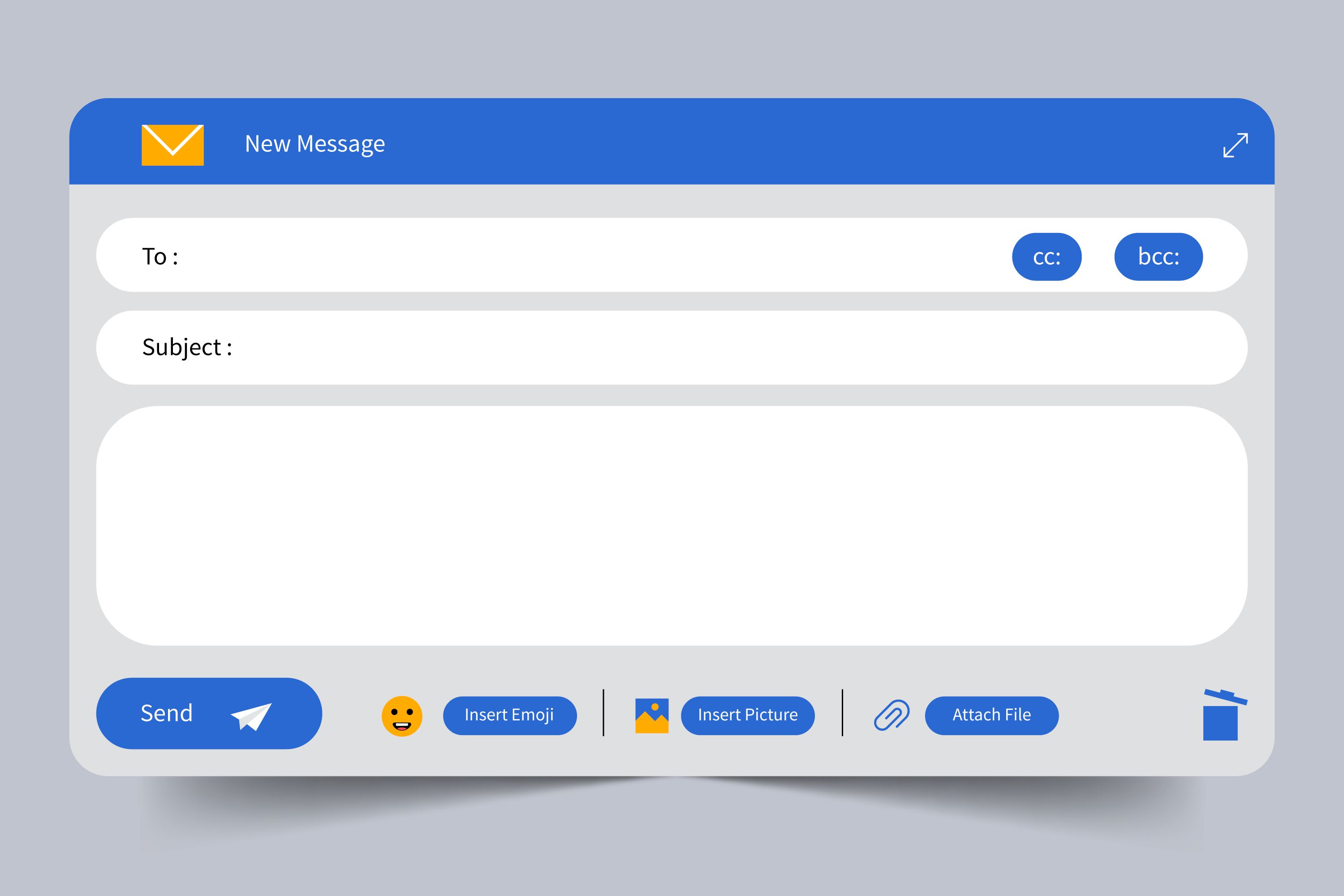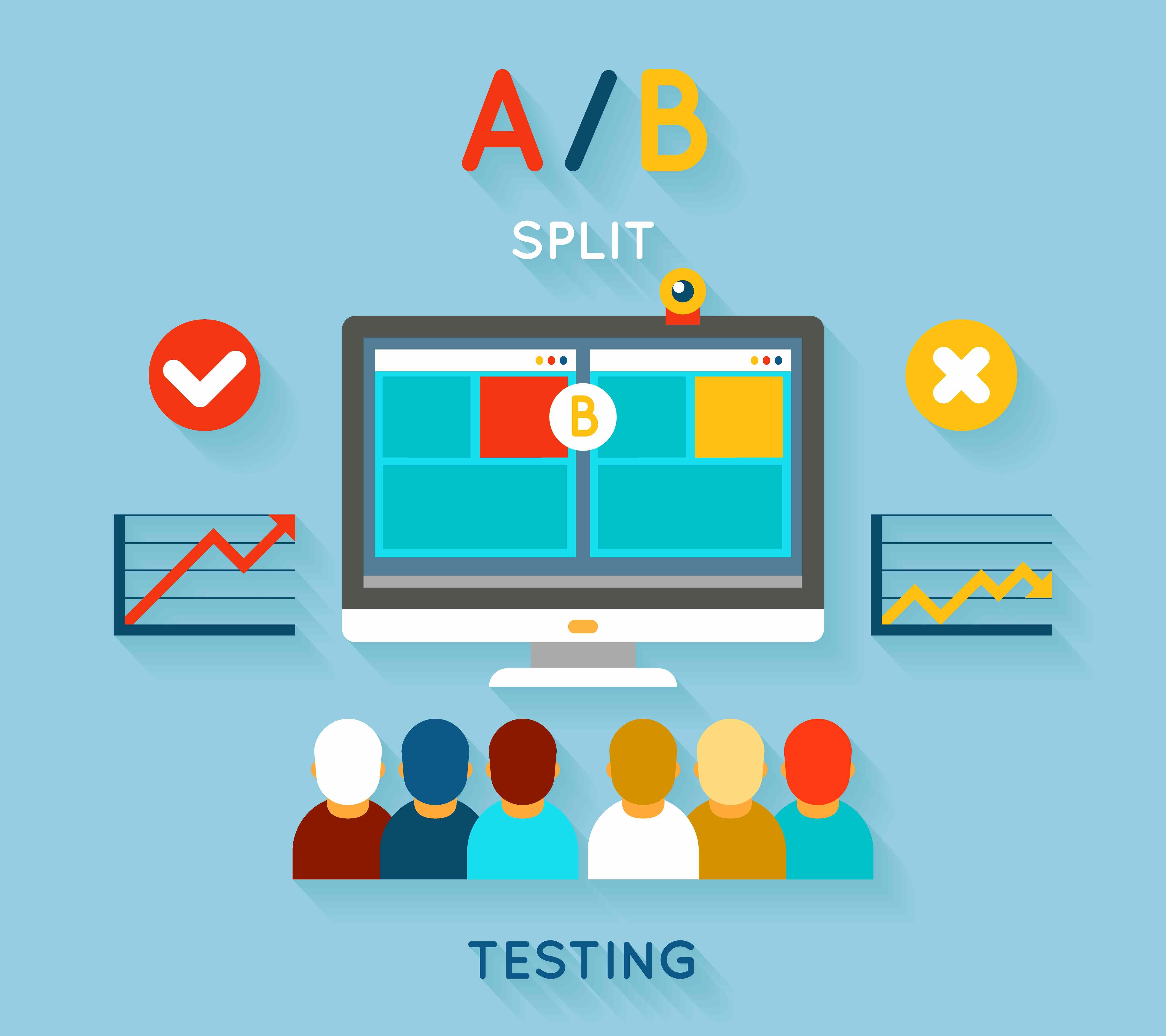
Imagine a world where machines could think, learn, and adapt just like humans. While this might sound like science fiction, the foundation for such intelligent systems lies in the Theory of Automata. For digital nomads, small business owners, freelancers, and AI enthusiasts, understanding this automata theory is crucial as it forms the backbone of many modern technologies and machine learning applications.
At its core, automata theory deals with abstract machines and the problems they can solve. It provides a framework for designing computational models that can execute tasks, process information, and make decisions. This blog will guide you through the fascinating world of automata theory, illustrating its significance and application in machine learning and beyond.
By exploring the historical roots, fundamental principles, and real-world applications of automata theory, you'll gain insights into how this field influences technology today and in the future. Whether you're a computer science student or a seasoned AI researcher, this guide will deepen your understanding of automata theory's role in shaping intelligent systems.
The origins of automata theory can be traced back to the mid-20th century when mathematicians and computer scientists began exploring formal languages and abstract machines. In 1936, Alan Turing introduced the concept of a Turing machine, a theoretical model that could simulate any computer algorithm. This groundbreaking idea laid the groundwork for automata theory and influenced subsequent research in computation and logic.
Over the decades, automata theory evolved as researchers developed various models to address different computational problems. From finite state machines to pushdown automata and context-free grammars, these models expanded our understanding of theoretical computation. These developments paved the way for more advanced areas such as formal language theory, computability, and complexity theory.

Automata theory has come a long way since its inception, continuously impacting technology and computer science. Today, it plays a pivotal role in artificial intelligence and machine learning, providing valuable insights into designing algorithms that mimic human cognition and problem-solving abilities.
To grasp the significance of automata theory, it's essential to understand its fundamental concepts and basic models. At its heart, automata theory is concerned with abstract machines, or "automata," which represent simple computational systems capable of processing inputs and producing outputs based on predetermined rules.
One of the most well-known models in automata theory is the finite state machine (FSM). An FSM consists of a finite number of states, transitions between these states, and an initial state. It's used to model simple decision-making processes and is widely employed in software engineering, robotics, and control systems.
Pushdown automata (PDA) extend finite state machines by incorporating a stack, allowing them to recognize context-free languages. PDAs are instrumental in parsing programming languages and syntax analysis, enabling computers to understand and process complex structures.

The Turing machine is a more powerful model that can simulate any algorithm. It comprises an infinite tape, a read/write head, and a set of rules for transitioning between states. Turing machines are foundational to the study of computability and have profound implications for artificial intelligence and machine learning.
By mastering these basic models, you'll develop a solid understanding of automata theory's principles and how they apply to modern computational challenges.
Automata theory and machine learning may seem unrelated at first glance, but they share a deep connection that underpins many AI algorithms. Automata theory provides the mathematical framework and conceptual models that inform the design and implementation of machine learning systems.
One key area where automata theory intersects with machine learning is pattern recognition. Finite state machines and other automata models can be used to recognize and classify patterns in data, a fundamental task in machine learning. By leveraging these models, AI systems can identify trends, categorize information, and make informed predictions.
Neural networks, a popular machine learning architecture, also draw inspiration from automata theory. They can be seen as complex automata that process information through layers of interconnected nodes, adapting and learning from data inputs. This connection highlights the influence of automata theory on the development of sophisticated AI algorithms.

Reinforcement learning, a subfield of machine learning, involves training agents to make decisions by interacting with their environment. Automata theory provides valuable insights into modeling these decision processes, enabling the creation of intelligent agents that learn from experience and optimize their actions over time.
Understanding the relationship between automata theory and machine learning algorithms is crucial for AI researchers and practitioners seeking to harness the full potential of intelligent systems.
The impact of automata theory extends beyond academia and influences various real-world applications across AI, business, and everyday technology. By recognizing its role in these domains, you'll appreciate its relevance to digital nomads, small business owners, freelancers, and AI enthusiasts alike.
Automata theory plays a vital role in natural language processing (NLP), enabling computers to understand and generate human language. Finite state machines and context-free grammars are used to parse sentences, analyze syntax, and facilitate machine translation, making tools like chatbots and virtual assistants possible.

In cybersecurity, automata theory helps detect patterns in network traffic and identify potential threats. Intrusion detection systems rely on automata-based models to monitor and analyze data streams, flagging suspicious activities and safeguarding sensitive information.
Robotics and automation benefit from automata theory by using finite state machines and other models to control and coordinate complex tasks. From autonomous vehicles to industrial robots, these systems depend on automata-based algorithms to make real-time decisions and adapt to changing environments.
By applying automata theory to various fields, businesses and innovators can unlock new possibilities and drive technological advancements.
As technology continues to evolve, the importance of automata theory becomes increasingly apparent. Its principles provide a foundation for developing cutting-edge AI systems and enable innovative solutions to complex problems.
Automata theory will play a crucial role in expanding AI capabilities, allowing machines to process and understand more complex data structures. By advancing our understanding of computation and decision-making, automata theory will contribute to the development of AI systems that can tackle increasingly sophisticated tasks.
In the future, automata theory will enhance human-machine interaction by improving natural language processing and developing more intuitive interfaces. By enabling machines to better understand human communication, automata theory will pave the way for more seamless and efficient collaborations between humans and AI systems.
Emerging technologies, such as quantum computing, will benefit from automata theory as researchers explore new computational models and paradigms. By providing a framework for understanding and developing these technologies, automata theory will continue to drive innovation and shape the future of technology.
Recognizing the importance of automata theory in the future of technology empowers digital nomads, small business owners, freelancers, and AI enthusiasts to harness its potential and stay ahead in a rapidly changing world.
For digital nomads, small business owners, and freelancers, understanding automata theory can offer valuable insights into leveraging AI and machine learning technologies to streamline operations and improve efficiency.
By incorporating AI-powered tools informed by automata theory, small business owners can automate repetitive tasks, optimize workflows, and enhance decision-making processes. This enables businesses to focus on strategic initiatives and deliver exceptional value to their customers.
Automata-based AI systems can help digital nomads and freelancers improve customer experience by providing personalized recommendations, efficient communication, and seamless interactions. By leveraging these technologies, businesses can build stronger relationships with their clients and foster customer loyalty.
Understanding automata theory opens up new opportunities for digital nomads, small business owners, and freelancers to explore innovative solutions and create unique offerings. By staying informed about the latest advancements in AI and machine learning, they can identify emerging trends and capitalize on new markets.
By integrating automata theory into their work, digital nomads, small business owners, and freelancers can unlock the full potential of AI and position themselves for success in an increasingly competitive landscape.
In conclusion, automata theory plays a pivotal role in shaping the future of technology, particularly in the realm of machine learning and artificial intelligence. By understanding its principles and applications, digital nomads, small business owners, freelancers, AI enthusiasts, machine learning researchers, and computer science students can harness its potential to drive innovation and improve their operations.
From enhancing AI capabilities to optimizing business processes and improving customer experience, automata theory offers valuable insights and opportunities for growth. By staying informed and exploring its applications, you can unlock new possibilities and remain competitive in an ever-evolving technological landscape.
For those interested in further exploring automata theory and its applications, consider enrolling in online courses, attending industry conferences, and participating in AI-focused communities to deepen your understanding and stay ahead of the curve.
Join Us Whatsapp channel





